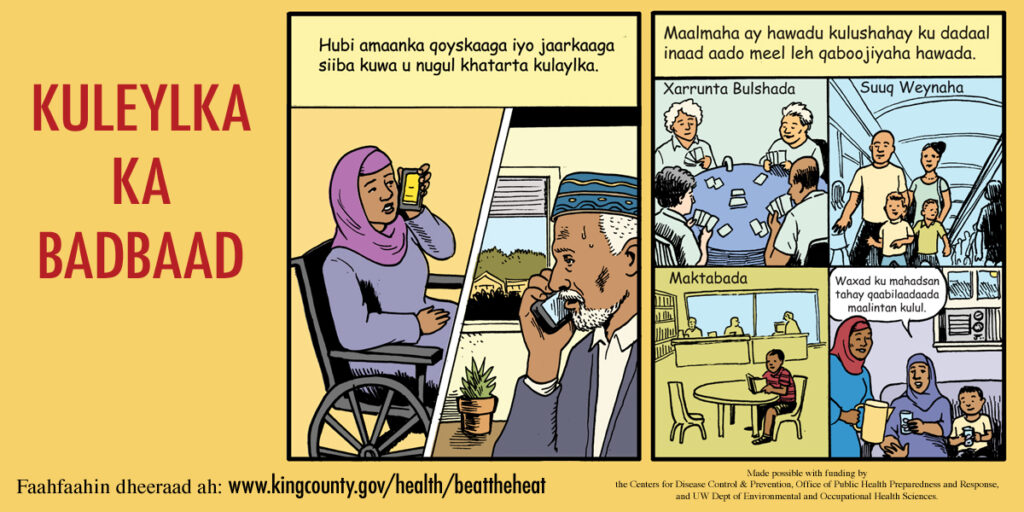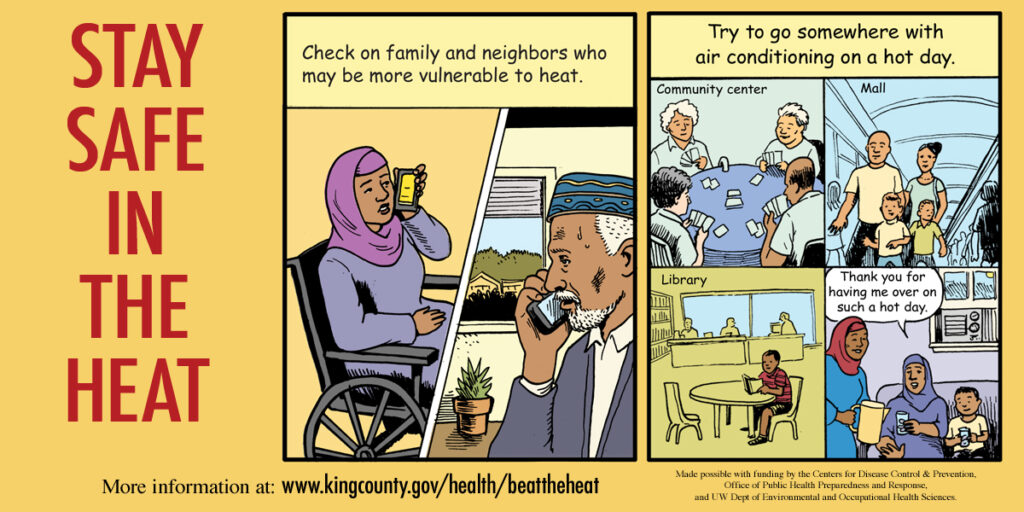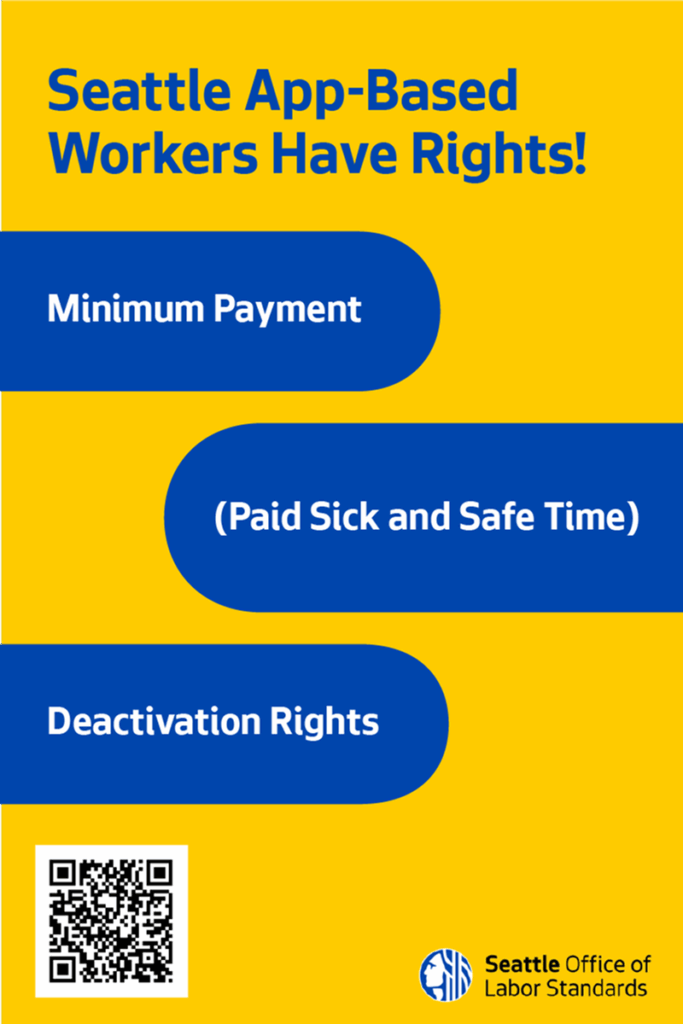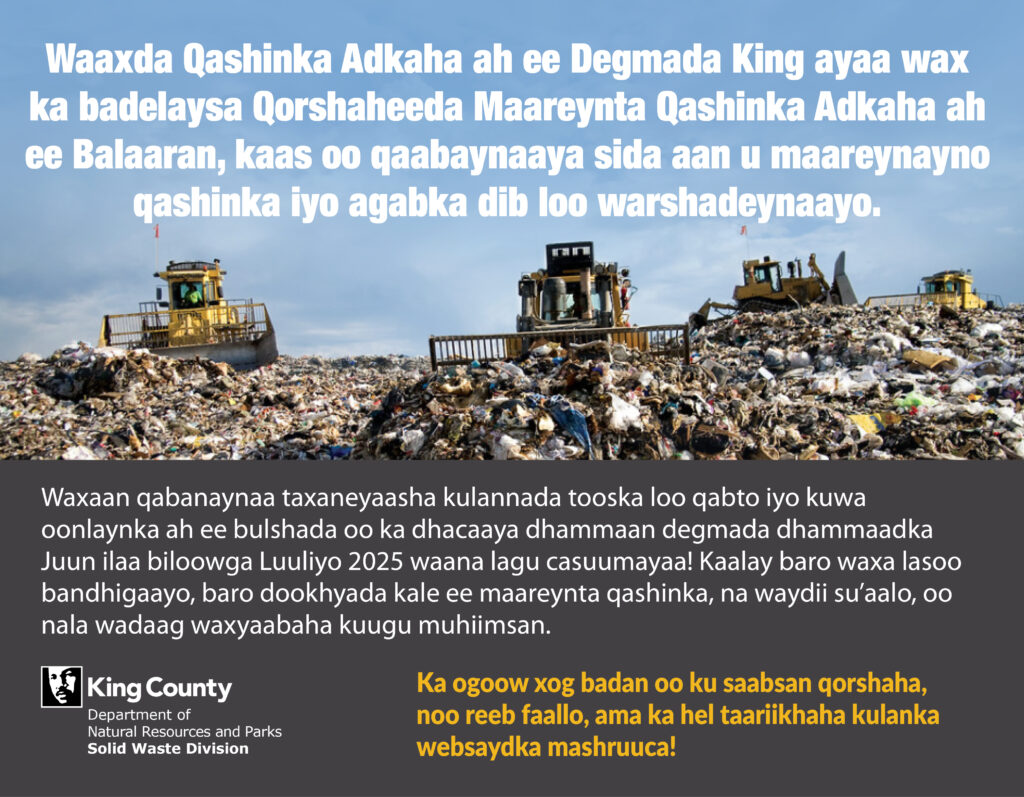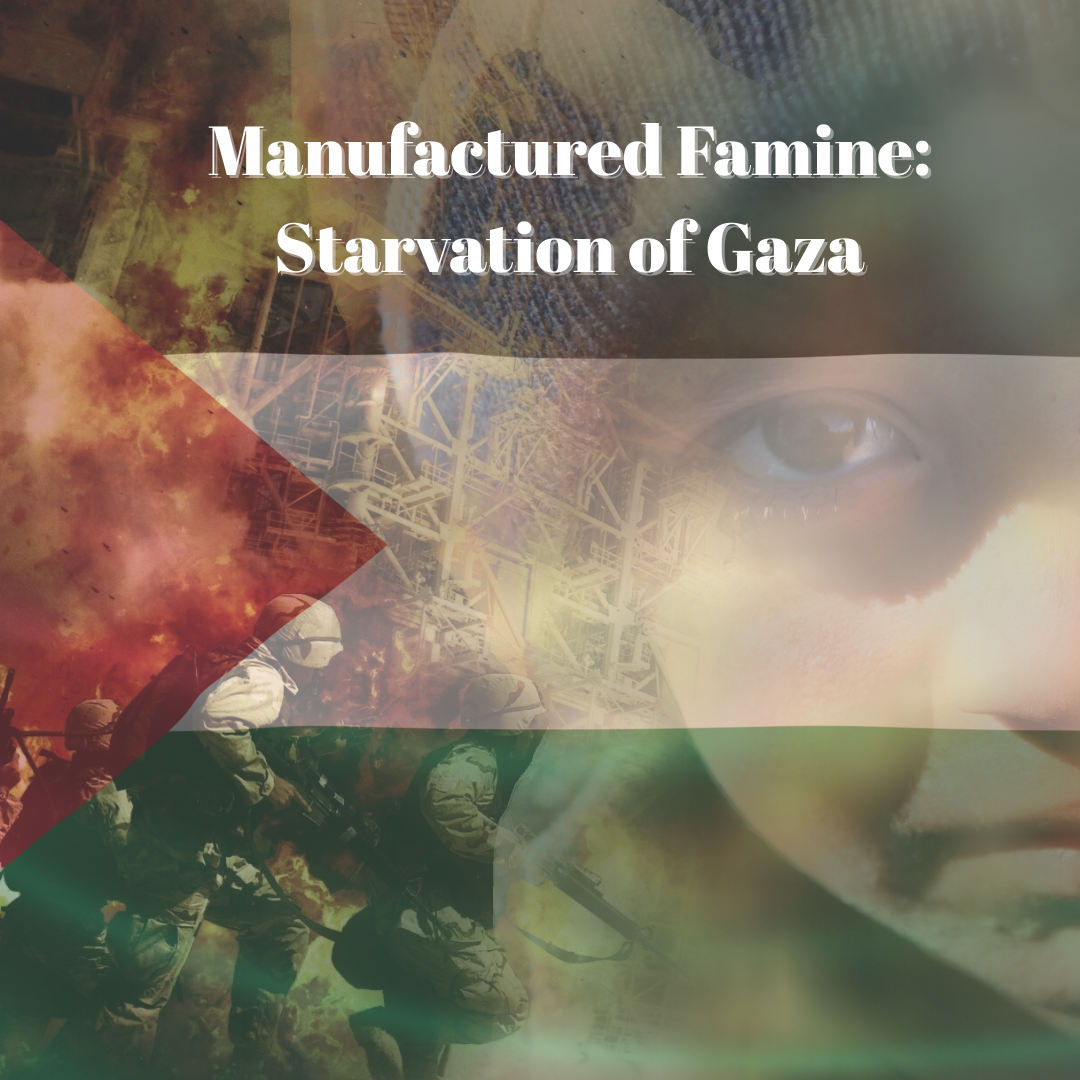
By Amanda Richer for Runta News
On August 8th, 2025 American Community Media held a briefing on the starvation of the population of Gaza. After nearly two years of war, Gaza is in ruins. Over 60,000 people, including 18,000 children, have been killed, and most survivors are displaced without homes, clean water, or food. According to a panel of experts, Gaza is suffering from a man-made famine caused by a deliberate strategy and a collapsed humanitarian system.
Alex de Waal, Executive Director of the World Peace Foundation and a leading famine expert, explained that before the war, Gaza was dependent on Israel for essential supplies. After October 2023, Israel imposed a complete siege and began systematically destroying “objects indispensable to survival,” including water systems, hospitals, and housing. While international monitors warned of impending famine throughout 2024, a complete blockade from March to May 2025 depleted all food stocks, triggering a “catastrophic decline.” The official famine monitoring body (IPC) now concludes the “worst-case scenario of famine is unfolding.”
The crisis is worsened by a broken aid system. A functional UN-backed network of 400 community kitchens was replaced by an Israeli-U.S. initiative that has no accountability with just four sites that Afeef Nessouli, called “death trap sites.” These overcrowded locations are so dangerous that over 800 people have been killed trying to get food. The system favors the strong, leaving the elderly and children behind, with no accountability for who receives the aid.
Experts emphasized that famine is a profound social collapse, not just a lack of food. Budour Hassan, a researcher for Amnesty International, echoed this from her interviews with Gazans. She described the breakdown of Gaza’s traditionally tight-knit social fabric, where communal aid was once a cornerstone of the society. Now, the desperate need for individual survival is taking over.
De Waal described the defining moment as when a family that once shared bread begins to “fight for bread.” This struggle has shattered Gaza’s tight-knit social fabric, leading to what Amnesty International described as a “deliberate inflicting on the group’s condition of life calculated to bring about their physical destruction.” The panel warned that the people of Gaza have been pushed “beyond the brink,” and any further displacement or military action would be a complete disaster.
The images of hunger and injustice from Gaza are a painful echo of a history that should not be repeated. But our experience has also taught us that we are not powerless. Here in America, our voices and actions matter. We can call our elected officials—our senators and representatives—and demand an immediate and permanent ceasefire and unrestricted humanitarian aid. We can support trusted charities providing direct relief to families on the ground. We can use the strength of our community to organize and speak out against this injustice, ensuring this story is not forgotten. And finally, we must never underestimate the power of our faith. Let us hold the people of Gaza in our hearts and in our prayers, asking for their relief, their protection, and for a world where the dignity of all people is honored.



